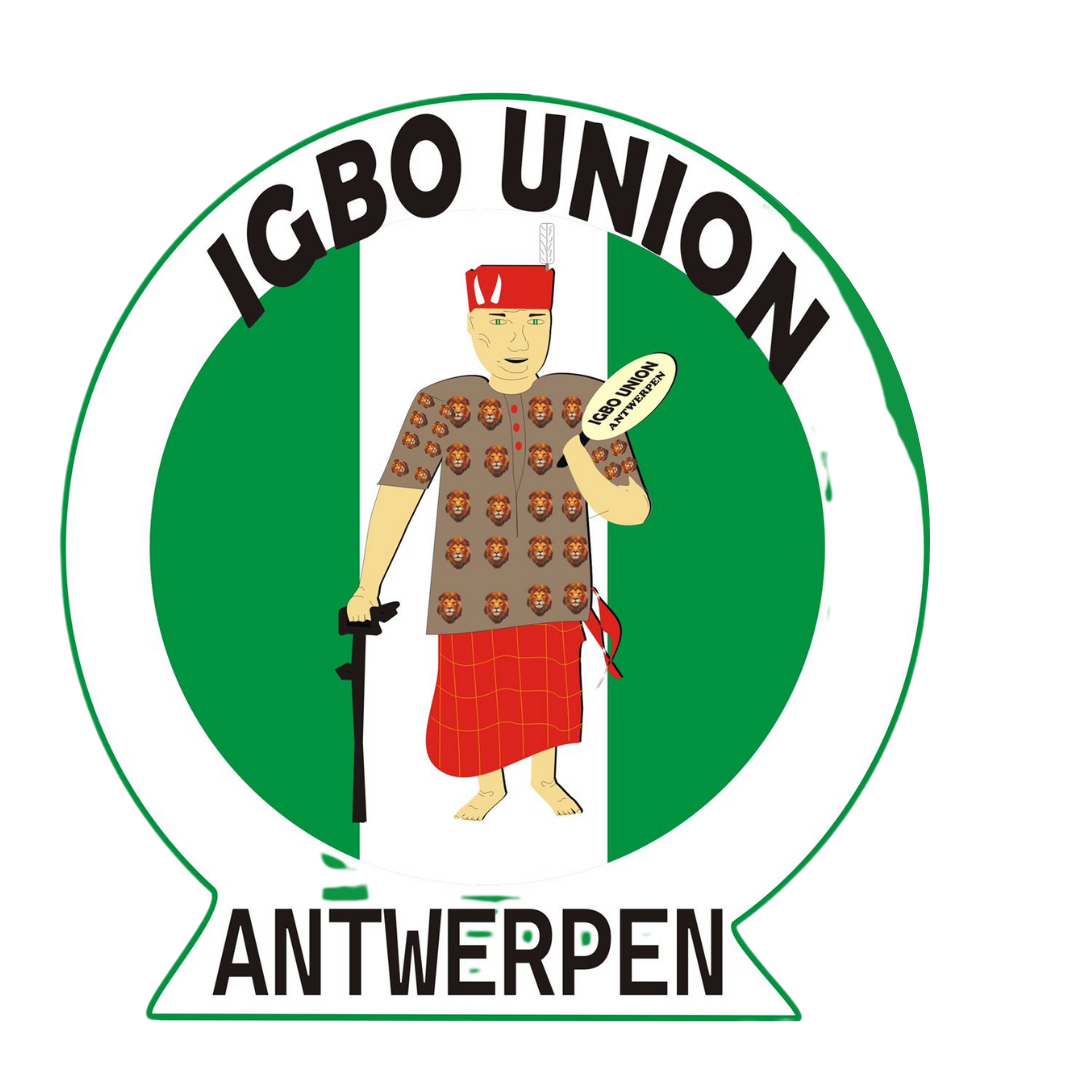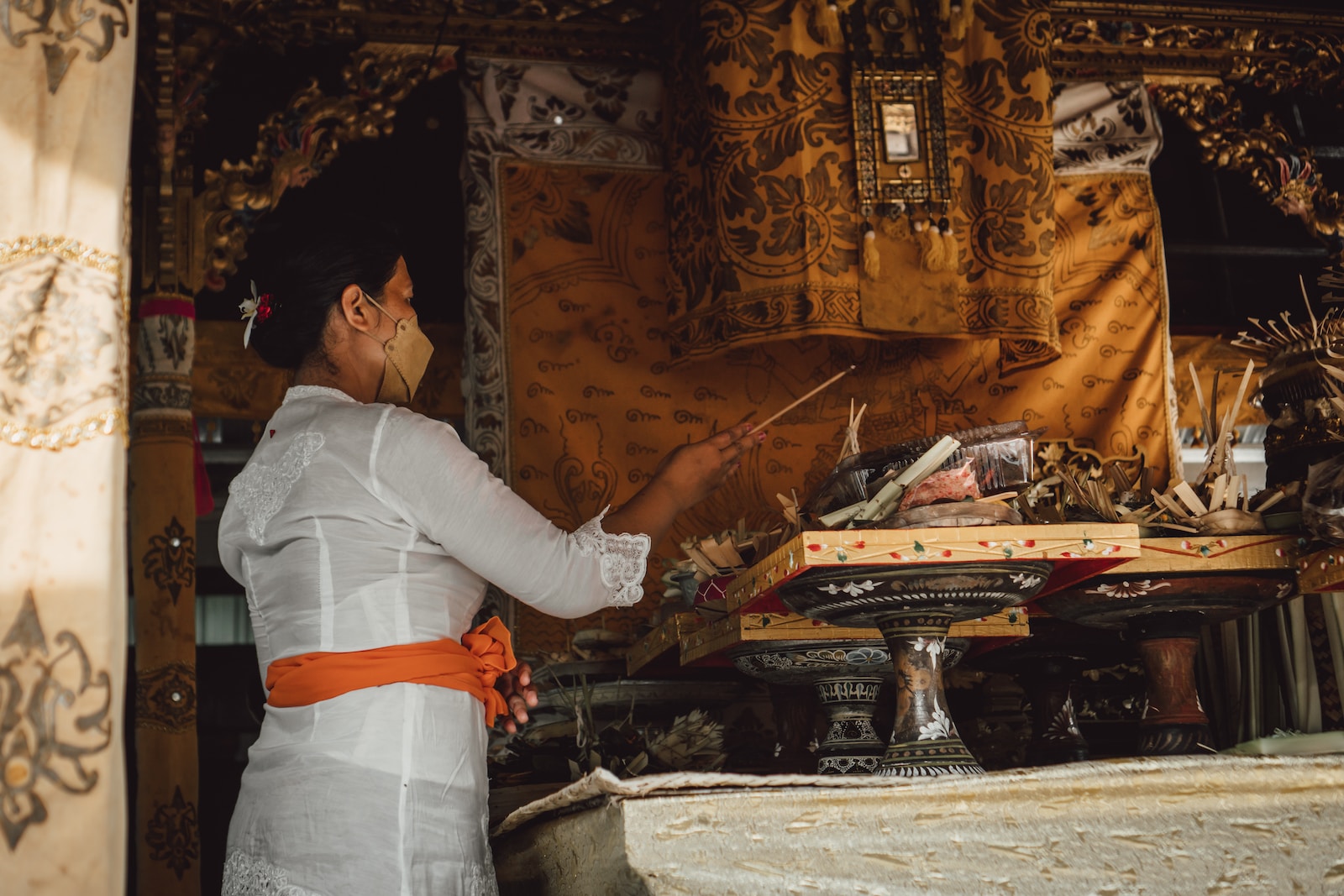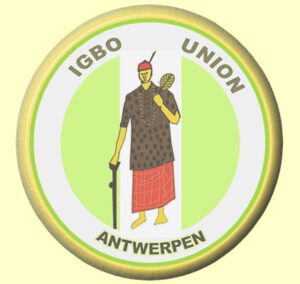Introduction: The Igbo people have a rich cultural heritage that spans centuries, encompassing language, traditions, arts, and customs. In this article, we explore the vital role played by the Igbo Union in preserving and conserving this unique cultural heritage for future generations.
1. Cultural Documentation and Research: The Igbo Union takes the responsibility of documenting and researching various aspects of Igbo culture. Through fieldwork, interviews, and collaborations with scholars, they gather valuable information on traditional practices, folklore, oral history, and indigenous knowledge systems.
2. Cultural Revival and Promotion: One of the key roles of Igbo Union is to revive and promote Igbo culture among the younger generation. They organize cultural festivals, art exhibitions, music and dance performances, and storytelling sessions to engage and educate the community about their cultural roots and values.
3. Language Preservation: The Igbo language is a crucial component of Igbo culture. Recognizing this, the Igbo Union takes initiatives to promote the use and preservation of the Igbo language. They offer language classes, establish language resource centers, and encourage the inclusion of Igbo language in formal education.
4. Heritage Conservation and Restoration: Preserving tangible cultural heritage is a priority for Igbo Union. They collaborate with relevant authorities and community members to conserve and restore historical sites, monuments, traditional architecture, and artifacts that hold cultural significance, safeguarding them for future generations.
5. Community Engagement and Education: Igbo Union actively engages with the Igbo community to raise awareness and appreciation for their cultural heritage. They organize workshops, seminars, and conferences that address various aspects of Igbo culture, fostering a sense of pride and identity among community members.
Conclusion: The Igbo Union plays a crucial role in the preservation and conservation of Igbo heritage. Through cultural documentation, revival efforts, language preservation, heritage conservation, and community engagement, they ensure that the rich cultural legacy of the Igbo people continues to thrive, inspire, and be passed on to future generations.


